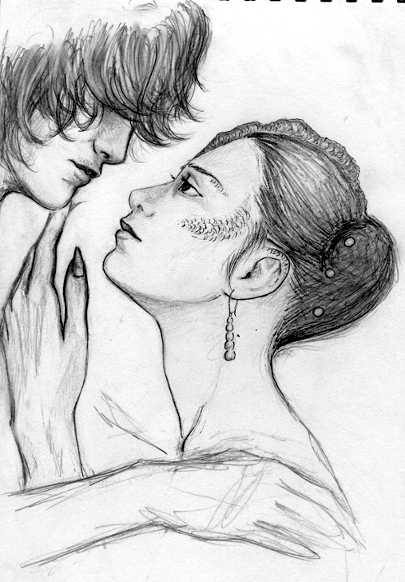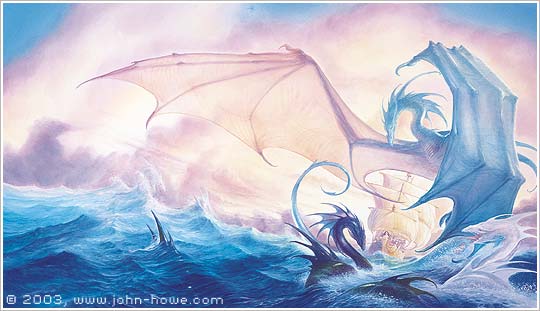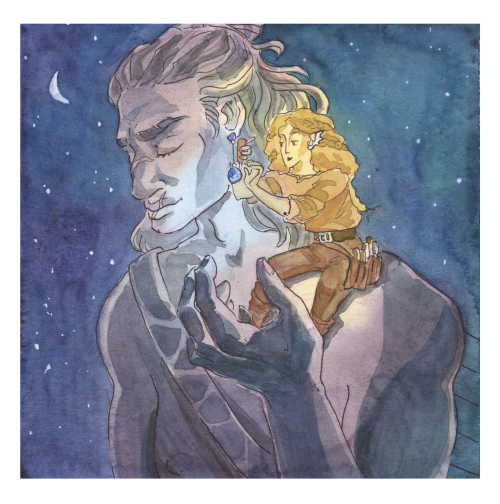Read the previous entry in the series here.
Read the next entry in the series here.
The next chapter, “Secrets,” begins with Althea musing on the situation of the pirate forces and the Paragon as they flee northward–away from Divvytown. Wintrow commands the pirates, and Althea notes his control with approval; she also musts on the disposition of her brother-in-law’s corpse. The Jamaillian ships give chase, Althea noting that they will suffer lingering effects of the encounter with the serpents; Brashen notes, too, that Wintrow has hostages to employ. He also notes the supposedly ornamental axe the Paragon had wielded; Amber has no clear reply. And an exchange between Brashen and Althea reminds her of what she has suffered and the complexities of her entanglements.

Image is from the Britannica, used for commentary.
Brashen considers matters, as well, musing on Althea’s reclaiming the Vivacia. Considering the implications, he realizes that he has a family again aboard the Paragon. And at the figurehead, Etta tries to make sense of what has become of Kennit; the Paragon notes that Kennit is part of the ship, now, no longer distinct. The ship also reports that Kennit “loved you [Etta] as fully as his heart could love,” the specific wording indicating much.
Brashen answers a summons to the Vivacia, not entirely graciously; Etta, Amber, and Althea accompany him, and the confer about their relative situation as officers from the Motley and the Marietta precede them to the Vivacia. Aboard, they meet with Wintrow, Jek, Malta, Reyn, Sorcor, Red, the Satrap, and the hostage nobles. News is briefly and incompletely exchanged before Wintrow calls the meeting to order. The treaty between Jamaillia and the Pirate Isles is agreed upon, at least tentatively; details remain to be discussed. Etta will serve as Queen Regent for her unborn child and Kennit’s. The Vivacia will go north to escort the serpents to their spawning grounds; Wintrow asks Althea to sail aboard their family liveship, and he asks Brashen to take the Paragon thence, as well. Reyn and Malta note the situation with the Chalcedeans, warning against their depredations and the Jamaillian nobles’ perfidy. And they are interrupted by a frantic sending from Tintaglia; she weakens, and the serpents have been beset.
There’s something of a denouement in progress in the present chapter, to be sure, with resolutions of several narrative threads approaching or concluded. My comments about things wrapping up neatly and swiftly, made in earlier rereading entries, still apply to some extent, although the effect seems lessened in the present chapter. There are clearly still issues to resolve, and there’s not much book left at this point; a handful of chapters and an epilogue remain for the novel and the series as a whole. I do still remain struck by the strange amalgamation of things going on in the milieu, but I’ll not rehearse comments I’ve long since made–at least not this time. Instead, I mean to plow ahead into the next chapter, doing so while I have some time to do it.








